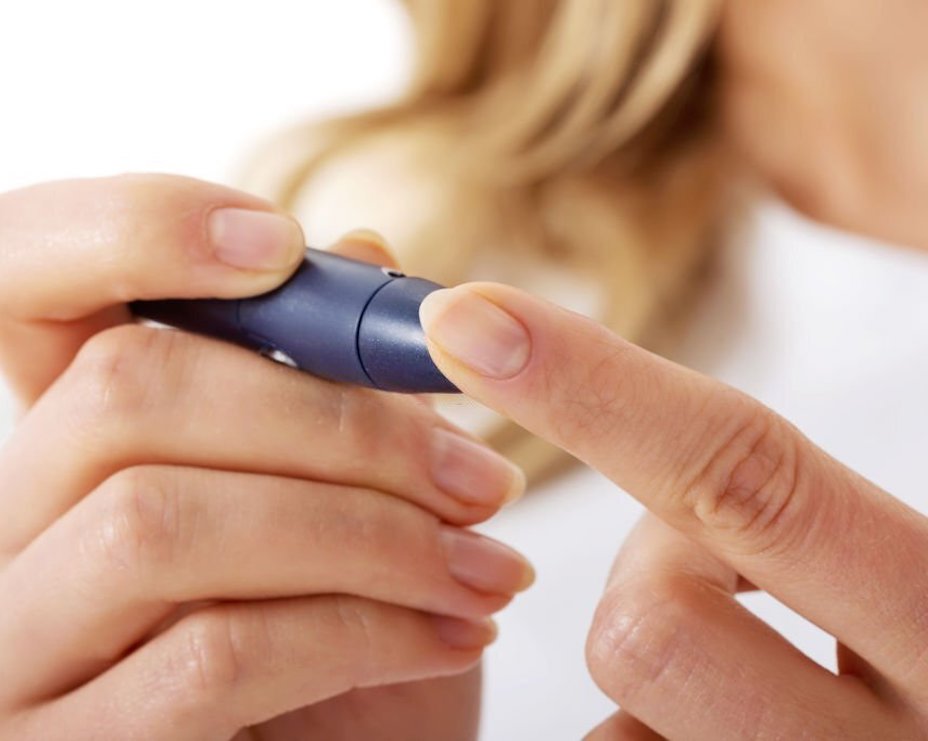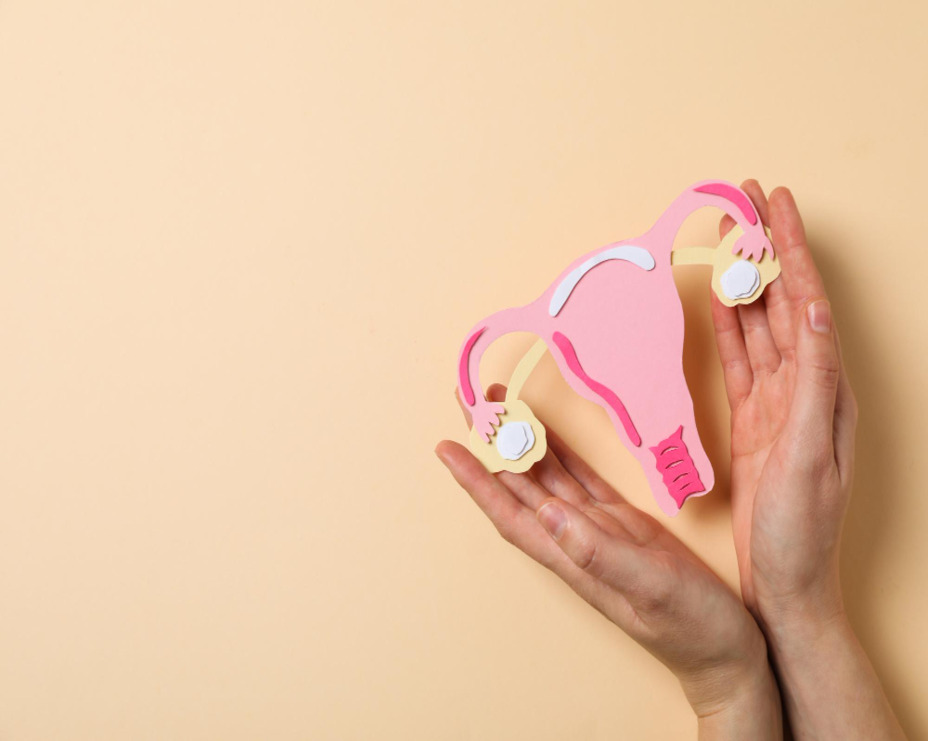Essential Takeaways
If you have diabetes and want to get rid of the crazy blood sugar swings then you need to know what really works to control your blood sugar levels. The blood sugar swings can make a lot of differences in your lifestyle and drag down your mood and energy levels.
You know you have got to bring the blood sugar levels under control. to get away from severe health problems. By following some quick tips you'll not only get your blood sugar under control, but you'll cut your chance of having a heart attack and stroke, too.
Checking your blood sugar and seeing the numbers right in line does not indicate you are free but just indicates that you would have some issues but are a bit delayed. The complications that would arise can change the course of the disease entirely.Without tough diets, a natural and all-around approach to nutrition, fitness, and stress management has proven to reduce blood sugar to some extent. Such an approach even reduces your dependency on medication and doctors may tend to reduce the number and dosage of medicines.
It is always good to follow a strict diet sheet at first and then go behind the medicines that is making a few key lifestyle changes, can sometimes eliminate the need for medication. If you are working to avoid the intense risk factors and don't want to be under the continuous medication strategy, try to opt for the best amla capsules in India. Amla has many medicinal benefits and is respected as a symbol of good health.
You know medicines can help balance your blood sugar but the foods you eat also can make a difference.
Take a look at the tips on how to lower blood sugar levels.
Walk it out
Even adults at a healthy weight can have higher blood sugar. It is advised to take the stairs, run on foot and go for a walk each day to help you control your blood sugar.
Strict Diet
Getting into a routine to eat enough food or take in fewer carbs may help you drop your blood sugar level. Also, consider taking your food on time every day. Make a plan and just stick to it.
Count your carbs
Carbohydrates are important for people with type 2 diabetes and can cause your blood sugars to potentially fluctuate. Carbohydrates are naturally found in certain foods and when digested, break down into glucose and bring a rise in blood sugar. Here, in such a case carb counting can help your blood glucose control. It’s tailored to each individual, how much to limit carb intake, to approximately one-half of your daily calories are coming from carbs and it is recommended to make adjustments according to your blood glucose readings.
Eat more Barley
Barley is a good carb, a whole grain is packed with fibre and can help decrease blood sugar. How exactly does it happen? Your gut bacteria interact with barley and help your body metabolise glucose.
Boost your Fibre
Fibres are not broken down by your body, so there is no chance to get them to affect your blood sugar. Fibre intake may help you better manage your blood sugar. So it is advised to take in fibre content food a lot and drink lots of water so you don’t get constipated.
Avoid large meals
Eating in moderation to a limited amount helps your carbs to be under control. A huge meal has to be broken down into small portions and feeding your body throughout the day helps regulate your blood sugar levels.
Proper exercise
Exercise makes a huge contribution to managing blood sugar and a brief spurt of high-intensity exercise lets muscles soak up glucose during exercise and the higher-intensity movements may aid even more.
Drink water in plenty
Only enough fluid in your body can wreak havoc on your blood sugar levels, but no other liquids, only plain water. Staying hydrated is less likely to develop high blood sugar and water helps flush glucose out of the body. Water essentially dilutes your blood sugar and results in lowering your blood sugar.
Enough sleep
Sleep affects body chemistry, helps with blood sugar control and reduces the level of fatty acids in the blood. Fatty acids are intended to reduce insulin’s ability to regulate blood sugar which can be overcome with the proper sleep pattern. It is recommended to aim for seven to nine hours of uninterrupted sleep per night.
Add to macronutrients
You could face a sharp rise in blood glucose after eating carbohydrates and then gradually face a glucose drop causing you to feel hungry, but feeling soon after a meal won't work right. Try the new combo of carb plus protein or carb plus fat to have an expected result on both our body and mind.
Try losing weight
According to the studies, extra weight is one of the main causes of insulin resistance hindering the working of blood sugar-lowering hormones resulting in poor blood sugar management.
Eat fruits as a whole
Eating fruit as a whole orange causes less calorie consumption and sugar consumption than juices. Together, you get more fibre too from the whole fruit.
Add more vegetables to your diet
Vegetables are good for you, especially the non starchy veggies which contain fewer carbs while making less of an impact on blood sugar. Try to include a non starchy variety of vegetables, like lettuce, cauliflower, spinach, kale and Brussels sprouts in your diet.
Reduce stress
When you’re stressed out, your blood sugar tends to rise, insulin levels fall and more glucose is released from the liver to the bloodstream. Opt for Yoga and meditation to reduce levels of stress and lower blood glucose levels.
Try to get more Vitamin D
Your vitamin D levels may get benefitted from an improvement in blood glucose levels. The sunshine vitamin might impact insulin resistance, so make sure to fill your diet with D-rich foods.
Never skip breakfast
Breakfast is the day’s most important meal and eating breakfast is important for hypoglycemia. A high-protein breakfast that is high in carbohydrates with similar calories, fat, and fibre contents can work on the amount of glucose and insulin.











